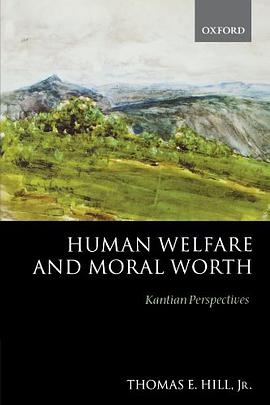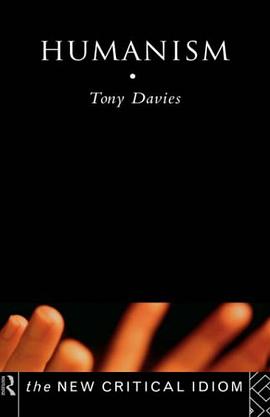

具体描述
Thomas Hill, a leading figure in the recent development of Kantian moral philosophy, presents a series of essays that interpret and develop Kant's ideas on ethics. The first part of the book focuses on basic concepts: a priori method, a good will, categorical imperatives, autonomy, and constructivist strategies of argument. Hill goes on to consider aspects of human welfare, and then moral worth-the nature and grounds of moral assessment of persons as deserving esteem or blame. He offers illuminating discussions of happiness, beneficence, personal values, conscience, moral desert, moral dilemmas, and feelings of regret. He is critical of Kant at many points, but he shows how many familiar objections miss the mark. Two previously unpublished essays challenge the views of other influential Kant scholars and defend alternative interpretations of Kant on beneficence, supererogation, and what it means to 'set oneself an end'. These clear and careful writings show moral, poltical, and social philosophers just how valuable Kantian ethical theory can be in addressing practical matters.
作者简介
目录信息
读后感
评分
评分
评分
评分
用户评价
相关图书
本站所有内容均为互联网搜索引擎提供的公开搜索信息,本站不存储任何数据与内容,任何内容与数据均与本站无关,如有需要请联系相关搜索引擎包括但不限于百度,google,bing,sogou 等
© 2026 book.wenda123.org All Rights Reserved. 图书目录大全 版权所有




















